How do you know if your thyroid is draining your energy?
You’ll experience these symptoms:
- Low energy, even after a full night’s rest
- A crash, usually in the midday
- A reliance upon caffeine for energy
- And, of course, other thyroid symptoms like hair loss and weight gain
If that’s you, and you want to get your energy back, try this:
#1. Optimize Your Free T3 Levels
As far as thyroid hormones go, T3 does almost all of the work.
And yet, it’s the thyroid hormone that few doctors ever look at.
T3 gives you energy, it drives your metabolism, and it fights off depression and mood imbalances.
If you want energy, you want higher free T3.
But when was the last time that your doctor checked your free T3 level?
Probably never.
And this is a problem because it’s often the case that your T3 may be low even if your other lab tests, like TSH, are normal.
Action:
Ask your doctor to test your free T3 level (not just your TSH).
You’ll know your free T3 is optimized if it’s in the top 1/3 of the reference range provided.
And don’t fall for the “it’s not necessary” or “it’s normal” charade when you talk to your doctor.
If you want to take it a step further, consider taking natural supplements to boost T4 to T3 conversion.
The most powerful include guggul extract, zinc, and selenium.
#2. Keep your Blood Sugar Balanced Throughout The Day
Swings in your blood sugar will have a huge impact on your motivation and your sense of energy.
This is because it is the primary fuel source for your body and brain.
If you want sustained and level energy throughout the day, you want sustained and level blood sugar.
This is hard if you have a thyroid problem for the following reasons:
- First: Hypothyroidism slows down glucose absorption and metabolism, leading to a delayed insulin response and low blood sugar in between meals.
- Second: the low thyroid state makes you more likely to develop insulin resistance, which leads to elevated blood sugar after meals.
- And third: cortisol imbalances accompany thyroid problems, which raise fasting blood sugar and worsen insulin resistance.
Action:
Eat 30 grams of protein at least 3 times per day.
Protein provides a more balanced blood sugar level throughout the day and has an appetite-suppressing effect making it easier for you to say no to junk food.
On top of this, make sure to avoid heavily processed and refined carbohydrates.
The biggest offenders here are soft drinks and other drinks with added sugar.
Oh, and don’t skip any meals unless you are intentionally fasting for weight loss.
Source: https://pmc.ncbi.nlm.nih.gov/articles/PMC8987680/
#3. Support Your Adrenals
Your thyroid and adrenals work as a team to provide your cells with energy. If one drops, it will take the other with it.
So if you’re dealing with chronic stress, poor sleep, or adrenal burnout, don’t be surprised if you end up with both adrenal and thyroid problems.
But you can support both with natural ingredients.
Action:
If you have a thyroid problem, assume that you have an adrenal problem and act accordingly.
This means taking adrenal adaptogens like rhodiola or ashwagandha.
No, you don’t need to test your cortisol before you use it.
Cortisol testing is not very accurate, and there’s no harm in taking plant-based adaptogens.

Worst case scenario, they will have no effect. Best case scenario, they provide you with more energy and vitality and some additional benefits.
My favorites for thyroid patients are Rhodiola and Ashwagandha.
Rhodiola is best if you have crushing fatigue and need a boost of energy ASAP.
Ashwagandha is slightly more mild in its effects on energy but provides additional benefits to libido and workout recovery.
Choose which one works for you based on your needs.
Source: https://pubmed.ncbi.nlm.nih.gov/28829155/
#4. Check For Nutrient Deficiencies
The 3 biggest nutrients for your energy include B12, iron, and magnesium, and deficiencies in all 3 are very common among thyroid patients.
Why they matter:
- Magnesium helps transport iodine into your thyroid gland for thyroid hormone production. It’s also involved in over 300 cellular enzymatic reactions. Source: https://pmc.ncbi.nlm.nih.gov/articles/PMC6028657/
- Iron is needed to create thyroid hormones inside of your thyroid gland, and you also need it to transport oxygen to your cells. Source: https://pmc.ncbi.nlm.nih.gov/articles/PMC10675576/
- B12 is crucial for converting food into usable energy and also has an impact on your mood. Source: https://pmc.ncbi.nlm.nih.gov/articles/PMC9994182/
Action:
Check for all three of these deficiencies on your next set of labs.
But don’t be afraid to start supplementing with vitamin B12 and magnesium right away.
You really only need to check for iron because taking too much can be harmful.
But there’s no harm in taking methylated B12 (like methylcobalamin) and highly bioavailable magnesium (like mag glycinate chelate).
#5. Stop Overexercising (& Start If You Aren’t Exercising At All)
Too much exercise can drain your energy, but not enough can do the exact same.
For thyroid patients, the sweet spot is at an intensity level where you can hold a conversation with someone without feeling out of breath.
This point is called zone-2, and it’s the intensity level where your thyroid will thrive.
Action:
Implement a full-body strength training session at least once per week. And add on at least 1-2 sessions of yoga or pilates.
On top of this, just stay active with light cardio like a daily 20-30 minute walk.
My recommendation is to get a wearable device to track your heart rate because it will help keep you on track.
How To Get Started
If you’re feeling overwhelmed, here’s how I would start:
- Week 1: Begin with an adrenal adaptogen like Rhodiola or ashwagandha. It doesn’t matter which one you start, just pick one and take it every day, first thing in the morning.
- Week 2: Focus on adding more protein to your diet. Your goal should be to hit 30 grams of protein for breakfast, lunch, and dinner.
- Week 3: Request testing from your doctor. Here you’ll want to get a full set of thyroid lab tests, including free T3 and basic tests for magnesium, iron, and vitamin B12.
- Week 4: Go for a 30-minute walk every single day (preferably before bedtime to help with cortisol). Bonus points if you add a weighted vest to increase your heart rate.
Tired of being tired? Stay consistent with these treatments, and you will start to reclaim your energy.
But remember:
One of the most important things you should know as a thyroid patient is how to tell if your lab tests are “normal” or “optimal”.
So make sure you check out this article next to better understand the difference.

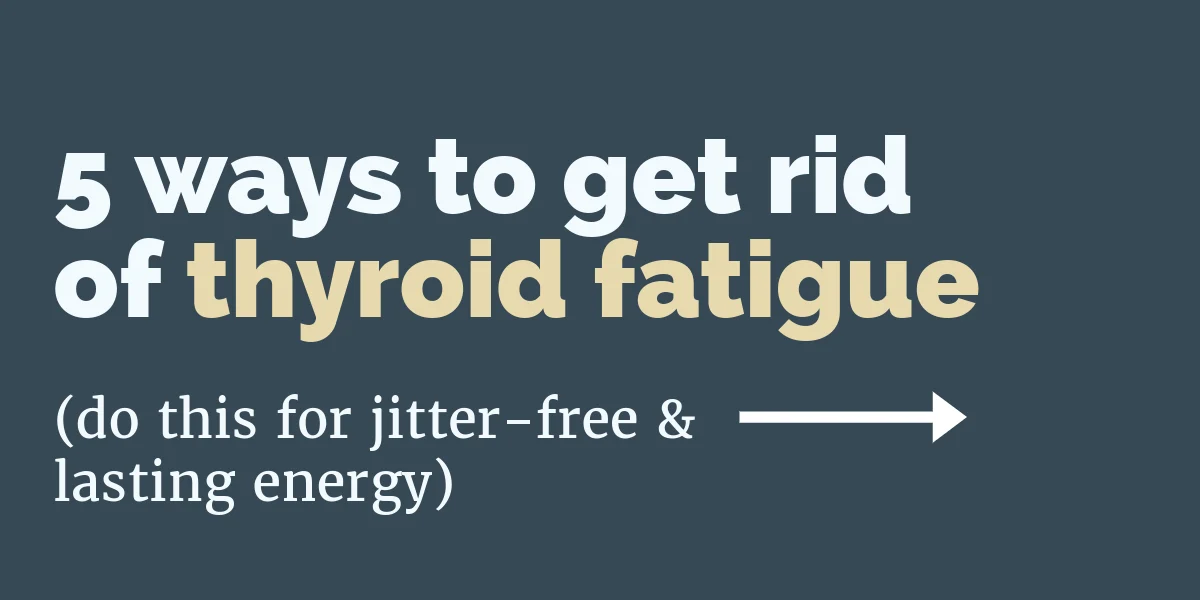
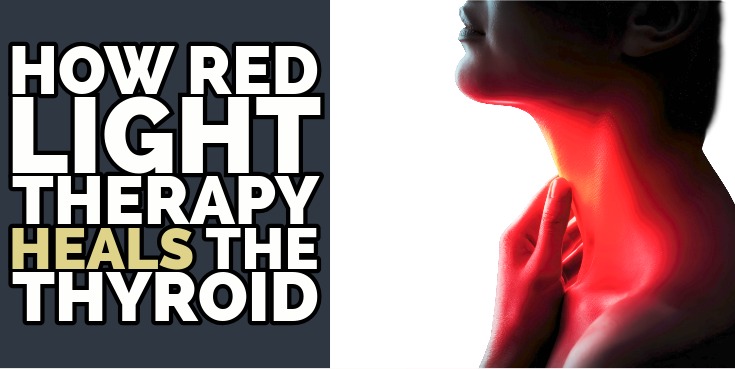
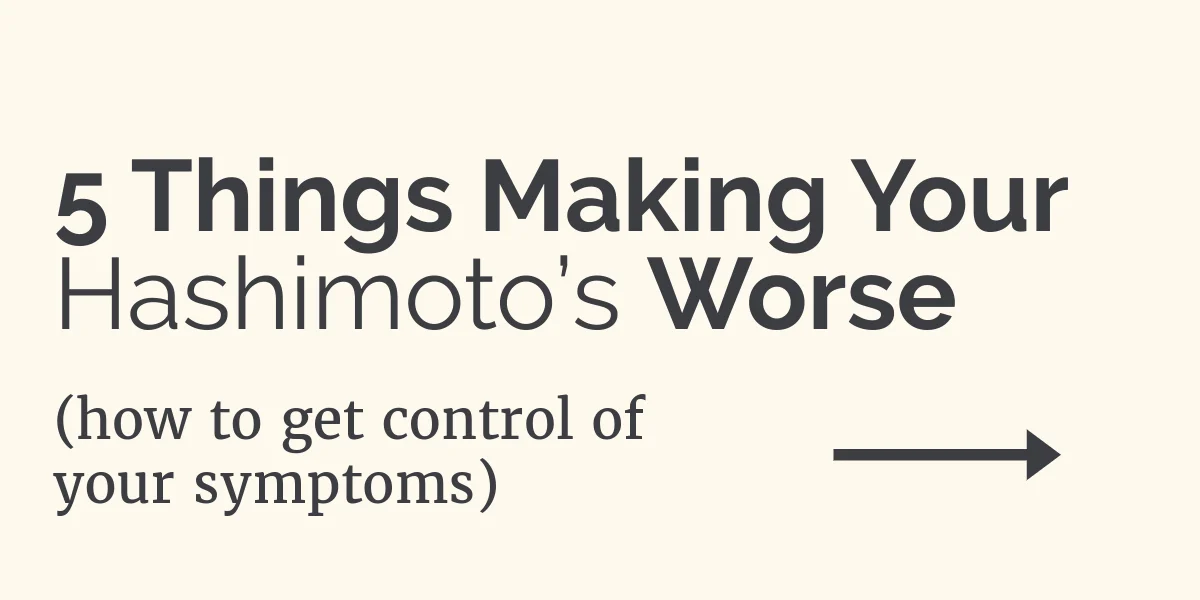
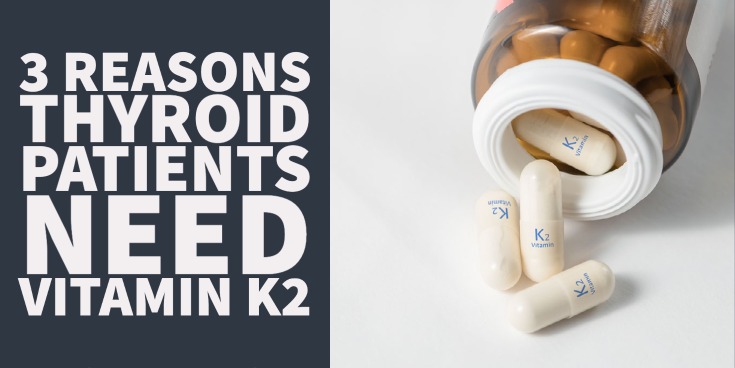
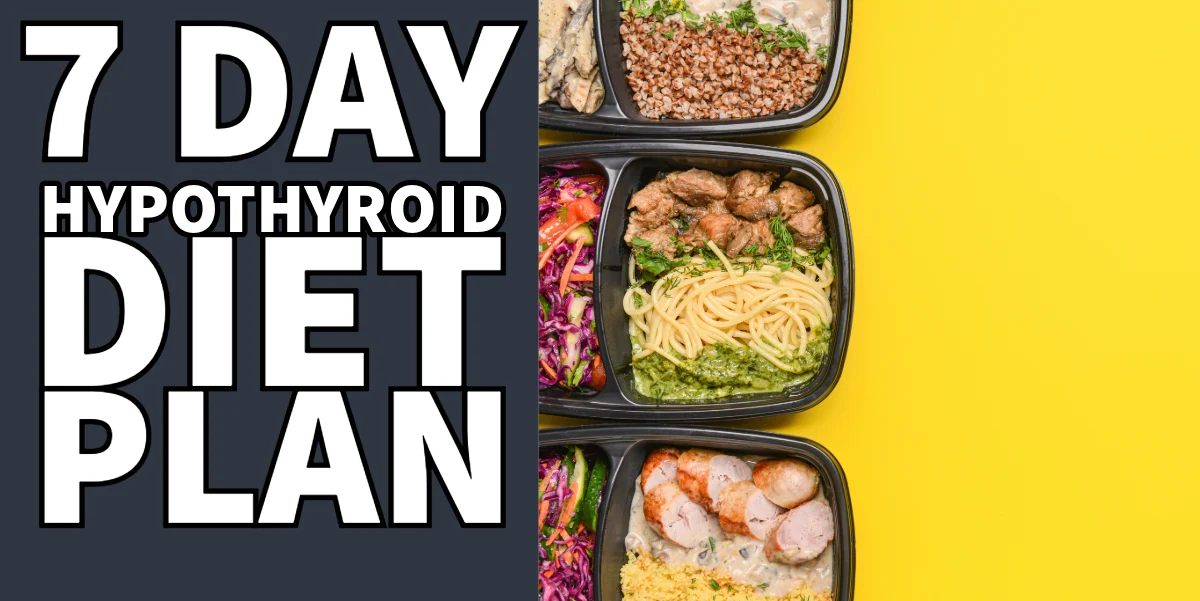

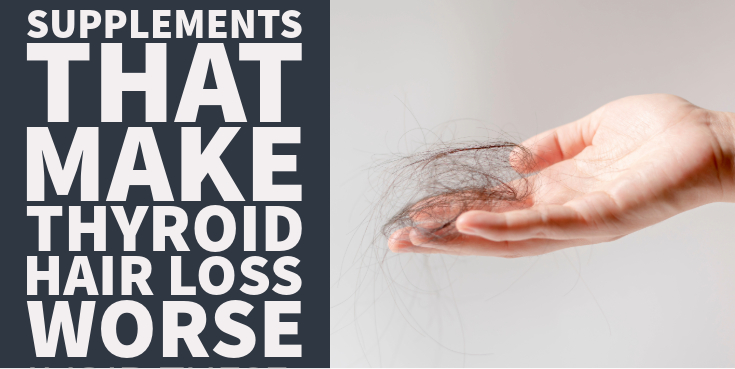

Hello Dr.Childs, I sleep,only 4-5 hours I’m exhausted,I’m bloated ,my gut, cold, hair loss, when I eat my stomach blows up, Can you give me what supplements will help me! Thanks Gerry
Hi Gerry,
These would be best for your situation:
https://www.restartmed.com/product/thyroid-adrenal-reset-complex/
https://www.restartmed.com/product/thyro-biotic/
https://www.restartmed.com/product/thyroid-hair-regrowth-complex/